IIT Hyderabad Courses are offered at UG, PG, Doctorate level. There are 104 courses offered at IIT Hyderabad. The courses are offered disciplines like Engineering, Design, Arts, Science. IIT Hyderabad courses includes B.Tech, M.Tech, Ph.D, M.Sc, B.Des, M.Des, MA. Popular courses at IIT Hyderabad are B.Tech, M.Tech, Ph.D.
- IIT Hyderabad Fees 2026-2027 is ₹ 60,000 - 11.94 Lakhs across all offered courses. The UG Fees for IIT Hyderabad is ₹ 11.94 Lakhs. IIT Hyderabad PG Fees is ₹ 60,000 - 8.98 Lakhs.
- IIT Hyderabad B.Tech Fees is ₹ 11.94 Lakhs for the entire 4 years duration. The most popular B.Tech specializations at IIT Hyderabad are Artificial Intelligence, Computer Science and Engineering.
- IIT Hyderabad B.Tech Artificial Intelligence Fees is ₹ 11.94 Lakhs. Earlier, the fees was ₹ 9.17 Lakhs in 2024 - 2025.
- IIT Hyderabad B.Tech CSE Fees is ₹ 11.94 Lakhs. Earlier, the fees was ₹ 9.17 Lakhs in 2024 - 2025.
- IIT Hyderabad M.Tech Fees is ₹ 60,000 - 2.86 Lakhs for the entire 2 years duration. The most popular M.Tech specializations at IIT Hyderabad are Artificial Intelligence, Computer Science And Engineering.
- IIT Hyderabad M.Tech Artificial Intelligence Fees is ₹ 2.86 Lakhs. Earlier, the fees was ₹ 92,276 in 2025 - 2026.
- IIT Hyderabad M.Tech Computer Science And Engineering Fees is ₹ 2.86 Lakhs. Earlier, the fees was ₹ 92,276 in 2025 - 2026.
- IIT Hyderabad Ph.D Fees is ₹ 3.15 Lakhs - 4.08 Lakhs for the entire 3 years duration. The most popular Ph.D specializations at IIT Hyderabad are Artificial Intelligence, Biotechnology.
- IIT Hyderabad Ph.D Artificial Intelligence Fees is ₹ 4.08 Lakhs. Earlier, the fees was ₹ 1.25 Lakhs in 2025 - 2026.
- IIT Hyderabad Ph.D Biotechnology Fees is ₹ 4.08 Lakhs. Earlier, the fees was ₹ 1.25 Lakhs in 2025 - 2026.
- IIT Hyderabad also offers 2 part time courses which include M.Tech, Ph.D. Popular part time course at IIT Hyderabad is M.Tech with total fees of 60,000 - 2.86 Lakhs.
IIT Hyderabad Top Courses With Fees 2026
| Course | Eligibility | Total Fees | | B.Tech | 10+2 with 75% + JEE Advanced | ₹ 11.94 Lakhs |
| M.Tech | Graduation + GATE | ₹ 60,000 - 2.86 Lakhs |
| Ph.D | Post Graduation | ₹ 3.15 Lakhs - 4.08 Lakhs |
| M.Sc | Graduation + IIT JAM | ₹ 2.86 Lakhs - 8.98 Lakhs |
| B.Des | 10+2 + UCEED | ₹ 11.94 Lakhs |
| M.Des | Graduation with 55% + CEED | ₹ 2.86 Lakhs |
| MA | Graduation | ₹ 2.86 Lakhs |
Table of Content
- IIT Hyderabad B.Tech Fees 2026
- IIT Hyderabad M.Tech Fees 2026
- IIT Hyderabad Ph.D Fees 2026
- IIT Hyderabad M.Sc Fees 2026
- IIT Hyderabad B.Des Fees 2026
- IIT Hyderabad Scholarship
- IIT Hyderabad FAQs
IIT Hyderabad B.Tech Fees 2026
IIT Hyderabad B.Tech 2026-2027 Fee is ₹ 11.94 Lakhs for the entire duration, with tuition fees of ₹ 11.94 Lakhs. IIT Hyderabad B.Tech Detailed fee structure is as follows:
| Fee Type | Amount (INR) | | Tuition Fee | ₹ 8 Lakhs |
| Admission Fee | ₹ 7,000 |
| Caution Fee | ₹ 6,000 |
| Miscellaneous Fee | ₹ 2.73 Lakhs |
| Total Fee | ₹ 11.94 Lakhs |
IIT Hyderabad B.Tech is offered in 15 fields. For B.Tech Admisssion, candidate must have 10+2 with 75% + JEE Advanced. The fees for B.Tech Artificial Intelligence is as follows.
| Fees (2025 - 2026) | Year 1 (in INR) | Year 2 (in INR) | Year 3 (in INR) | Year 4 (in INR) |
| Semester | 1 | 2 | 3 | 4 | 5 | 6 | 7 | 8 |
| Tuition Fees | ₹100000 | ₹100000 | ₹100000 | ₹100000 | ₹100000 | ₹100000 | ₹100000 | ₹100000 |
| Admission Fees | ₹7000 | - | - | - | - | - | - | - |
| Registration Fees | ₹13500 | ₹13500 | ₹13500 | ₹13500 | ₹13500 | ₹13500 | ₹13500 | ₹13500 |
| Caution Fee * | ₹6000 | - | - | - | - | - | - | - |
| Miscellaneous Fees | ₹40358 | ₹32470 | ₹34358 | ₹32470 | ₹34358 | ₹32470 | ₹34358 | ₹32470 |
| Semester Wise Fees | ₹166858 | ₹145970 | ₹147858 | ₹145970 | ₹147858 | ₹145970 | ₹147858 | ₹145970 |
| Yearly Fees | ₹312828 | ₹293828 | ₹293828 | ₹293828 |
* Fees is refundable
Check other IIT Hyderabad B.Tech course details in the table below:
Read More
IIT Hyderabad M.Tech Fees 2026
IIT Hyderabad M.Tech 2026-2027 Fee ranges from ₹ 60,000 - 2.86 Lakhs for the entire duration, with tuition fees of ₹ 60,000 - 2.86 Lakhs. IIT Hyderabad M.Tech Detailed fee structure is as follows:
| Fee Type | Amount (INR) | | Tuition Fee | ₹ 48,000 - 60,000 |
| Caution Fee | ₹ 6,000 |
| Miscellaneous Fee | ₹ 54,000 |
| Total Fee | ₹ 60,000 - 2.86 Lakhs |
IIT Hyderabad M.Tech is offered in 35 fields. For M.Tech Admisssion, candidate must have Graduation + GATE. The fees for M.Tech Artificial Intelligence is as follows.
| Fees (2026 - 2027) | Year 1 (in INR) | Year 2 (in INR) |
| Semester | 1 | 2 | 3 | 4 |
| Tuition Fees | ₹12000 | ₹12000 | ₹12000 | ₹12000 |
| Caution Fee * | ₹6000 | - | - | - |
| Miscellaneous Fees | ₹13500 | ₹13500 | ₹13500 | ₹13500 |
| Joining Fee | ₹7000 | - | - | - |
| Student Activity Funds | ₹6000 | - | - | - |
| Student Welfare Fund | ₹1000 | ₹1000 | ₹1000 | ₹1000 |
| Hostel Expenses | ₹16000 | ₹16000 | ₹16000 | ₹16000 |
| Mess Expenses | ₹23400 | ₹23400 | ₹23400 | ₹23400 |
| Medical Insurance | ₹1888 | - | ₹1888 | - |
| Semester Wise Fees | ₹86788 | ₹65900 | ₹67788 | ₹65900 |
| Yearly Fees | ₹152688 | ₹133688 |
* Fees is refundable
Check other IIT Hyderabad M.Tech course details in the table below:
IIT Hyderabad Ph.D Fees 2026
IIT Hyderabad Ph.D 2026-2027 Fee ranges from ₹ 3.15 Lakhs - 4.08 Lakhs for the entire duration, with tuition fees of ₹ 3.15 Lakhs - 4.08 Lakhs. IIT Hyderabad Ph.D Detailed fee structure is as follows:
| Fee Type | Amount (INR) | | Tuition Fee | ₹ 60,000 - 2.1 Lakhs |
| Caution Fee | ₹ 6,000 |
| Miscellaneous Fee | ₹ 81,000 |
| Total Fee | ₹ 3.15 Lakhs - 4.08 Lakhs |
IIT Hyderabad Ph.D is offered in 19 fields. For Ph.D Admisssion, candidate must have Post Graduation. The fees for Ph.D Artificial Intelligence is as follows.
| Fees (2026 - 2027) | Year 1 (in INR) | Year 2 (in INR) | Year 3 (in INR) |
| Semester | 1 | 2 | 3 | 4 | 5 | 6 |
| Tuition Fees | ₹10000 | ₹10000 | ₹10000 | ₹10000 | ₹10000 | ₹10000 |
| Caution Fee * | ₹6000 | - | - | - | - | - |
| Miscellaneous Fees | ₹13500 | ₹13500 | ₹13500 | ₹13500 | ₹13500 | ₹13500 |
| Joining Fee | ₹7000 | - | - | - | - | - |
| Student Activity Funds | ₹6000 | - | - | - | - | - |
| Student Welfare Fund | ₹1000 | ₹1000 | ₹1000 | ₹1000 | ₹1000 | ₹1000 |
| Hostel Expenses | ₹16000 | ₹16000 | ₹16000 | ₹16000 | ₹16000 | ₹16000 |
| Mess Expenses | ₹23400 | ₹23400 | ₹23400 | ₹23400 | ₹23400 | ₹23400 |
| Medical Insurance | ₹1888 | - | ₹1888 | - | ₹1888 | - |
| Semester Wise Fees | ₹84788 | ₹63900 | ₹65788 | ₹63900 | ₹65788 | ₹63900 |
| Yearly Fees | ₹148688 | ₹129688 | ₹129688 |
* Fees is refundable
Check other IIT Hyderabad Ph.D course details in the table below:
IIT Hyderabad M.Sc Fees 2026
IIT Hyderabad M.Sc 2026-2027 Fee ranges from ₹ 2.86 Lakhs - 8.98 Lakhs for the entire duration, with tuition fees of ₹ 2.86 Lakhs - 8.98 Lakhs. IIT Hyderabad M.Sc Detailed fee structure is as follows:
| Fee Type | Amount (INR) | | Tuition Fee | ₹ 48,000 - 6.6 Lakhs |
| Caution Fee | ₹ 6,000 |
| Miscellaneous Fee | ₹ 54,000 |
| Total Fee | ₹ 2.86 Lakhs - 8.98 Lakhs |
IIT Hyderabad M.Sc is offered in 4 fields. For M.Sc Admisssion, candidate must have Graduation + IIT JAM. The fees for M.Sc Chemistry is as follows.
| Fees (2026 - 2027) | Year 1 (in INR) | Year 2 (in INR) |
| Semester | 1 | 2 | 3 | 4 |
| Tuition Fees | ₹12000 | ₹12000 | ₹12000 | ₹12000 |
| Caution Fee * | ₹6000 | - | - | - |
| Miscellaneous Fees | ₹13500 | ₹13500 | ₹13500 | ₹13500 |
| Joining Fee | ₹7000 | - | - | - |
| Student Activity Funds | ₹6000 | - | - | - |
| Student Welfare Fund | ₹1000 | ₹1000 | ₹1000 | ₹1000 |
| Hostel Expenses | ₹16000 | ₹16000 | ₹16000 | ₹16000 |
| Mess Expenses | ₹23400 | ₹23400 | ₹23400 | ₹23400 |
| Medical Insurance | ₹1888 | - | ₹1888 | - |
| Semester Wise Fees | ₹86788 | ₹65900 | ₹67788 | ₹65900 |
| Yearly Fees | ₹152688 | ₹133688 |
* Fees is refundable
Check other IIT Hyderabad M.Sc course details in the table below:
| M.Sc Course | Eligibility | Total Fee | | Physics | Graduation + IIT JAM | ₹ 2.86 Lakhs |
| Mathematics | Graduation + IIT JAM | ₹ 2.86 Lakhs |
| Medical Physics | Graduation + IIT JAM | ₹ 8.98 Lakhs |
IIT Hyderabad B.Des Fees 2026
IIT Hyderabad B.Des 2026-2027 Fee is ₹ 11.94 Lakhs for the entire duration, with tuition fees of ₹ 11.94 Lakhs. IIT Hyderabad B.Des Detailed fee structure is as follows:
| Fee Type | Amount (INR) | | Tuition Fee | ₹ 8 Lakhs |
| Total Fee | ₹ 11.94 Lakhs |
IIT Hyderabad Fees for Other Courses 2026
IIT Hyderabad fees for other UG, PG, Doctorate courses are as follows.
| Course | Eligibility | Fees | Previous Year Fees | | M.Des | Graduation with 55% + CEED | ₹ 2.86 Lakhs | ₹ 90,776 - 92,276 |
| MA | Graduation | ₹ 2.86 Lakhs | ₹ 90,776 - 92,276 |
IIT Hyderabad Scholarship
IIT Hyderabad offers scholarships for their students. Students can avail following scholarships during their academic years. The scholarships for UG and PG are mentioned below.
| Scholarship | Eligibility | Amount | | NSP (PM-USP) Yojana | 80% in Class 12, AICTE recognized UG/PG courses, parental income ≤ ₹4.5 Lakhs | ₹82,000 per annum |
| Must be in a regular course, maintain 50% marks and 75% attendance |
| National Scholarship for Postgraduate Studies (UGC) | First-time PG students under 30 in UGC-recognized full-time programs | ₹10,000 per year or ₹15,000 per month |
IIT Hyderabad Courses and Fees FAQs
Ques. What is the eligibility criteria for B.Tech at IIT Hyderabad?
Ans. B.Tech is 4 years program. The Fees for B.Tech is ₹ 11.94 Lakhs. The eligibility criteria for B.Tech is 10+2 with 75% + JEE Advanced.
Ques. What is the B.Tech fees at IIT Hyderabad?
Ans. The B.Tech fees at IIT Hyderabad is ₹ 11.94 Lakhs. This includes tuition fees of ₹ 8 Lakhs.
Ques. What is the eligibility criteria for M.Tech at IIT Hyderabad?
Ans. M.Tech is 2 years program. The Fees for M.Tech is ₹ 60,000 - 2.86 Lakhs. The eligibility criteria for M.Tech is Graduation + GATE.
Ques. What is the M.Tech fees at IIT Hyderabad?
Ans. The M.Tech fees at IIT Hyderabad is ₹ 60,000 - 2.86 Lakhs. This includes tuition fees of ₹ 48,000 - 60,000.
Ques. What is the eligibility criteria for Ph.D at IIT Hyderabad?
Ans. Ph.D is 3 years program. The Fees for Ph.D is ₹ 3.15 Lakhs - 4.08 Lakhs. The eligibility criteria for Ph.D is Post Graduation.
Ques. What is the Ph.D fees at IIT Hyderabad?
Ans. The Ph.D fees at IIT Hyderabad is ₹ 3.15 Lakhs - 4.08 Lakhs. This includes tuition fees of ₹ 60,000 - 2.1 Lakhs.
Ques. How many courses are offered at IIT Hyderabad? Also what are the popular courses at IIT Hyderabad?
Ans. There are 104 courses offered at IIT Hyderabad. The popular courses offered at IIT Hyderabad are B.Tech, M.Tech, Ph.D.

![IIT Hyderabad - Indian Institute of Technology - [IITH]](https://image-static.collegedunia.com/public/college_data/images/logos/166089612015088476701200pxIndianInstituteofTechnologyHyderabadlogo.png?h=71.7&w=71.7&mode=stretch)

.jpeg)
.jpeg)
.jpeg)
.jpeg)

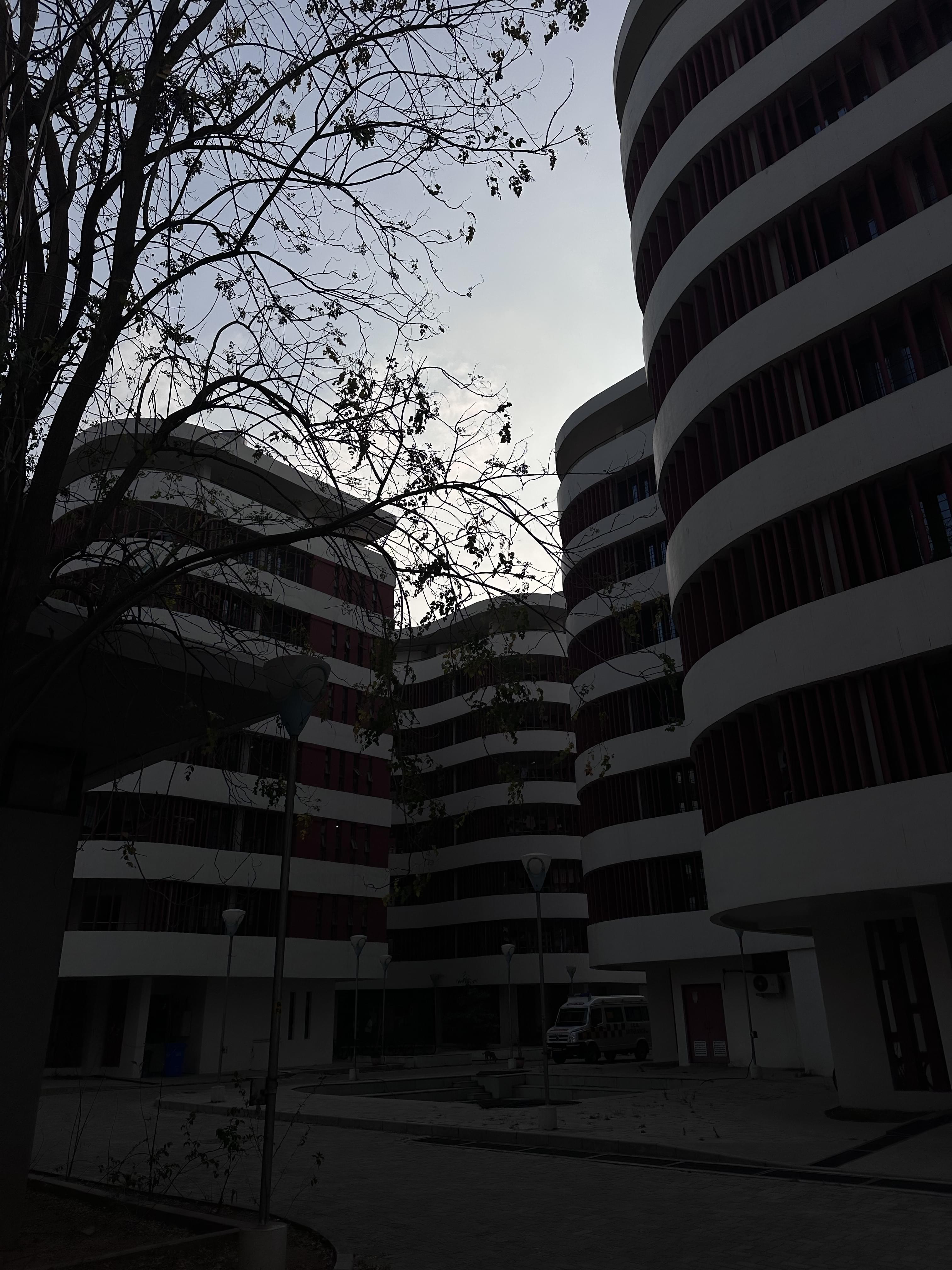
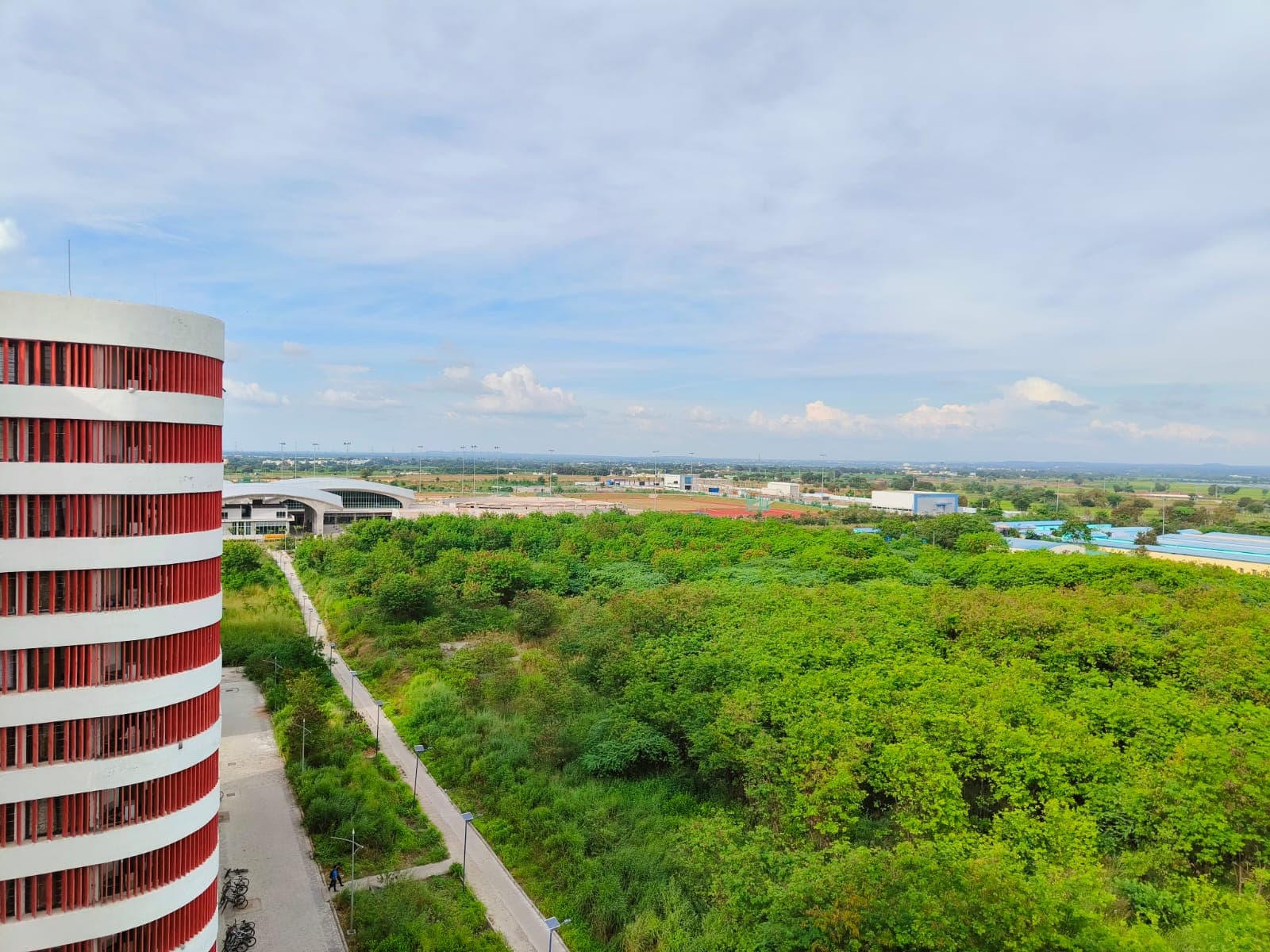
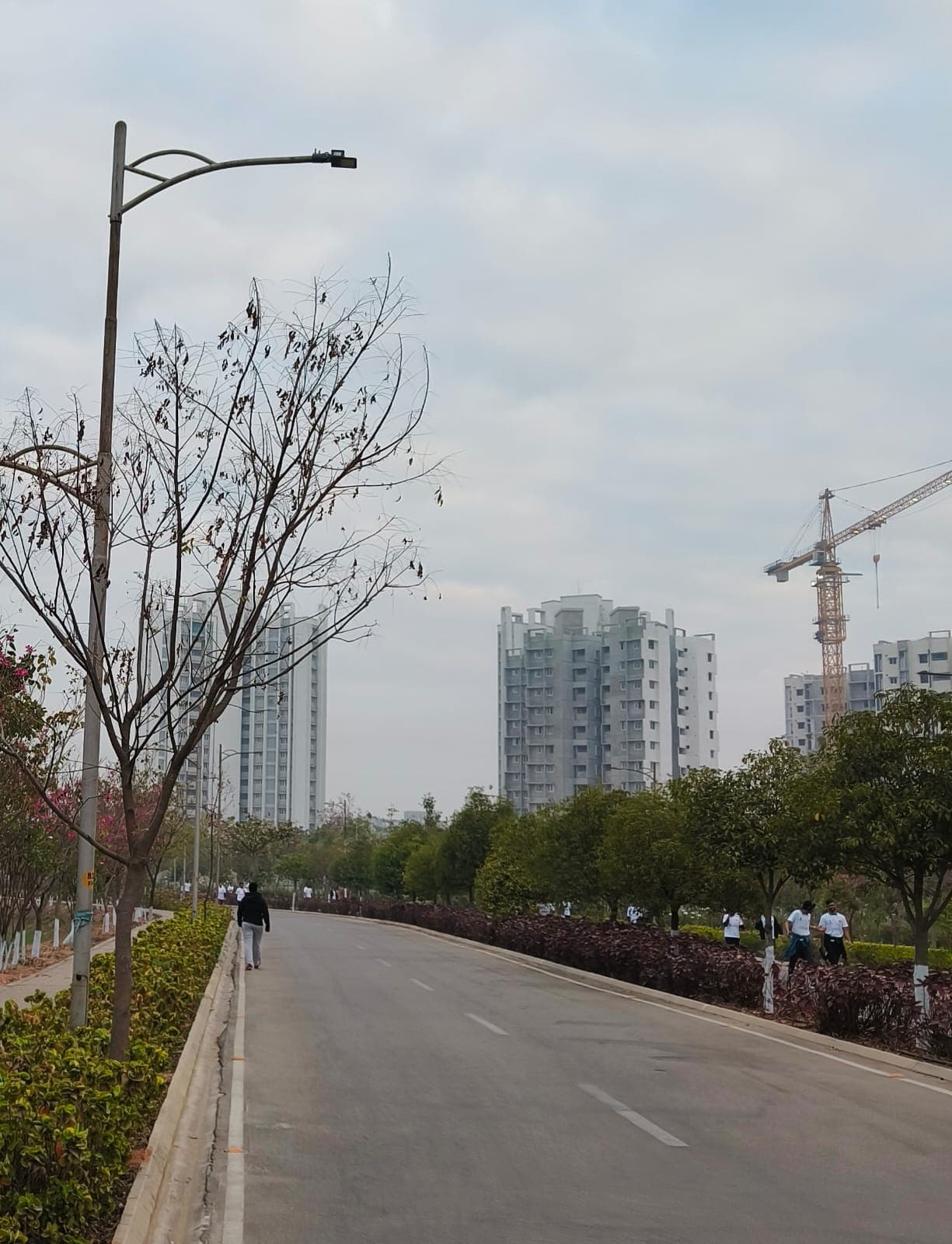
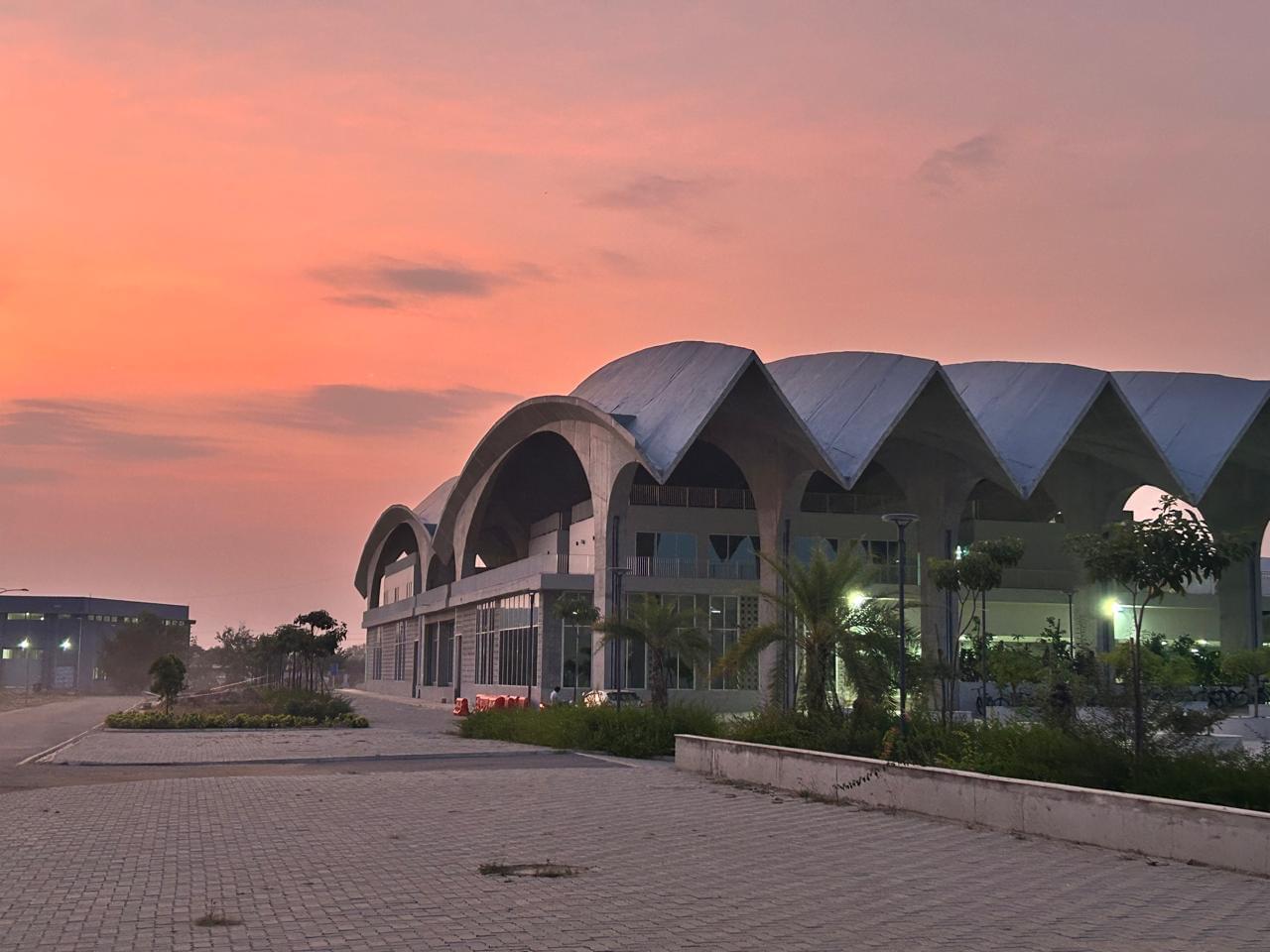
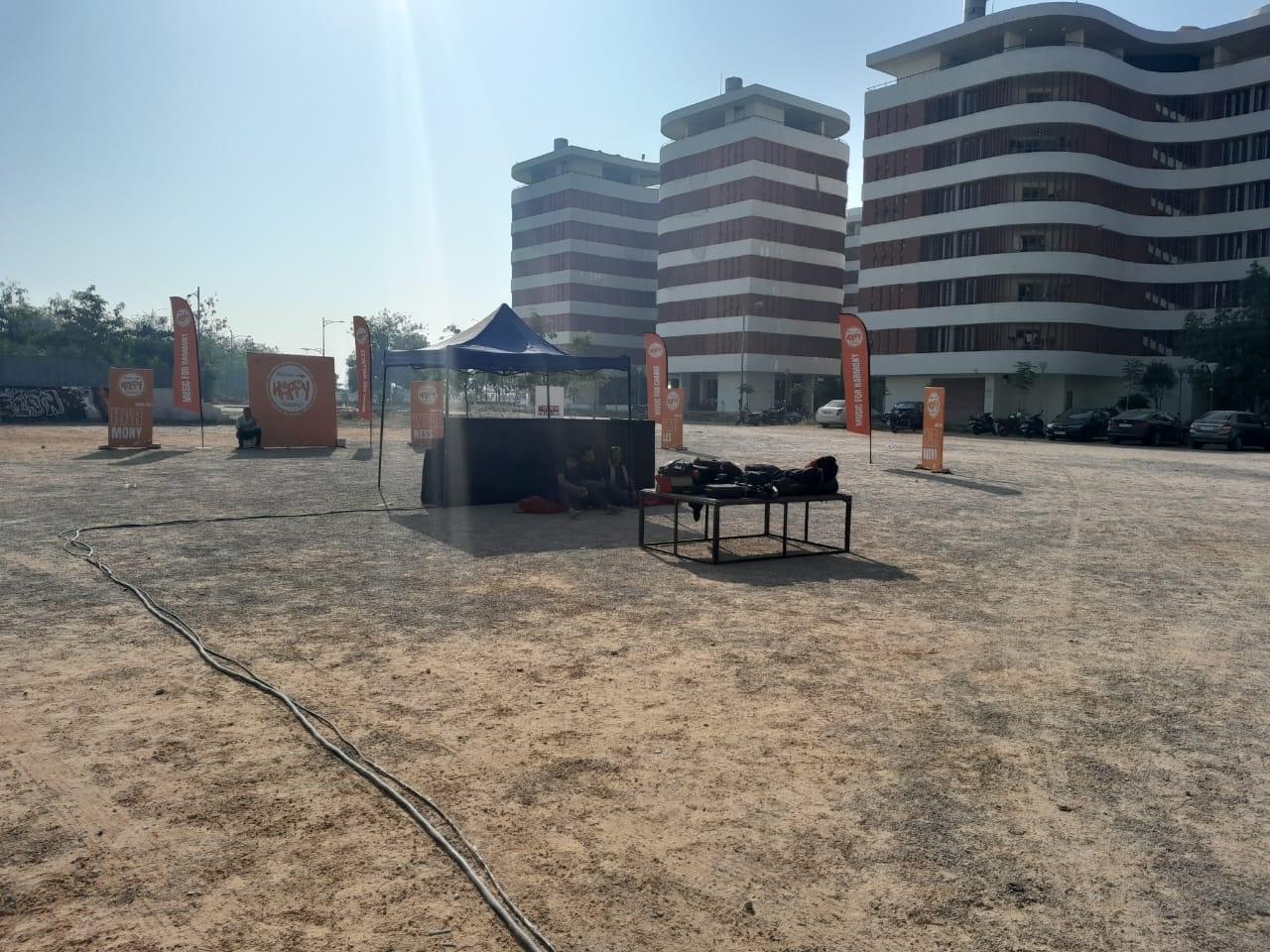
.jpeg)
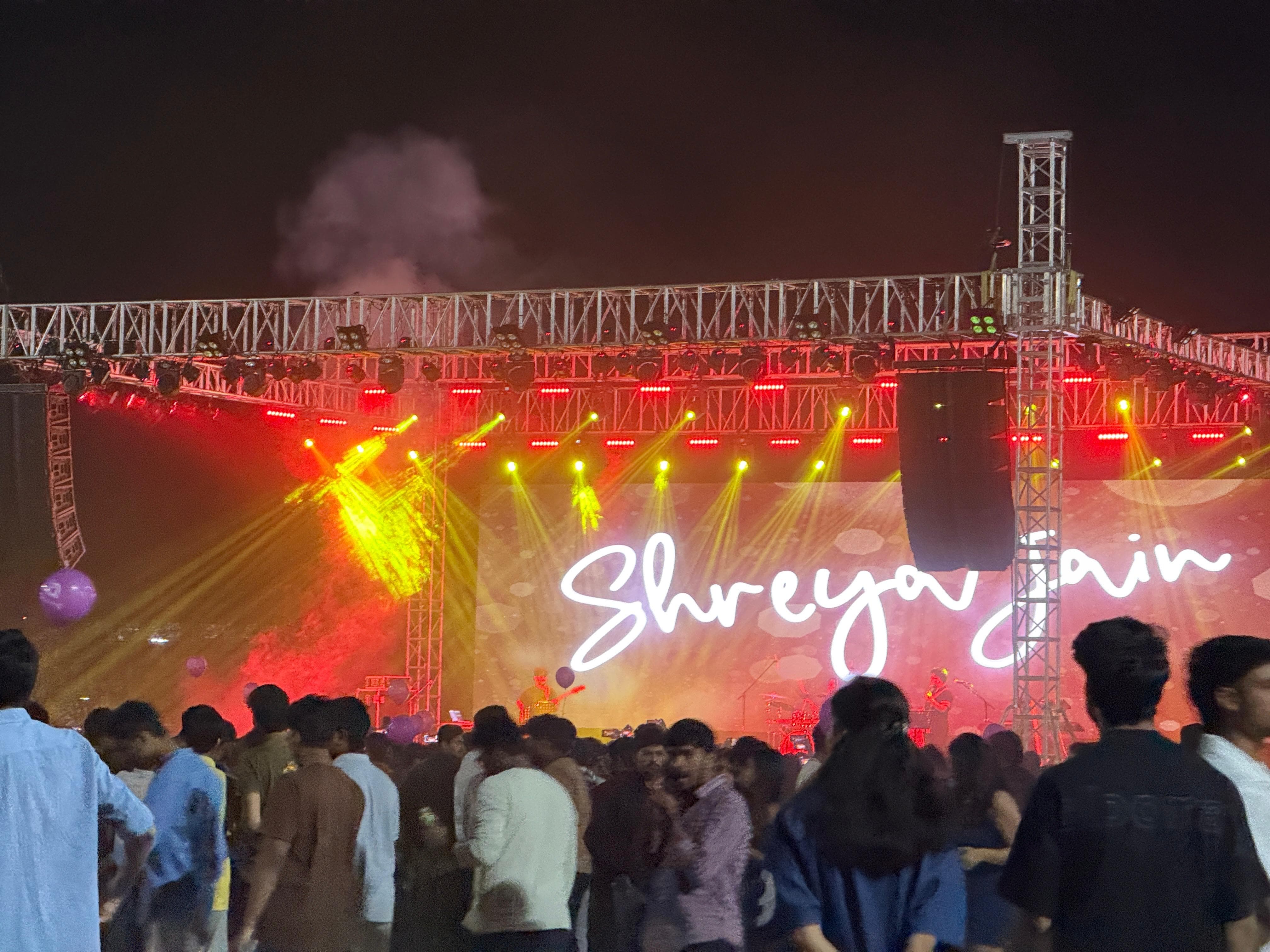
.jpeg?h=100&w=100&mode=stretch)
.jpeg?h=100&w=100&mode=stretch)
.jpeg?h=100&w=100&mode=stretch)
.jpeg?h=100&w=100&mode=stretch)


.jpeg?h=100&w=100&mode=stretch)






.png?h=78&w=78&mode=stretch)





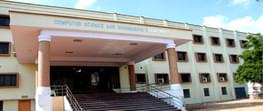




.png?h=42.55&w=42.98&mode=stretch)






.jpeg?h=90.56&w=161&mode=stretch)






.png?h=72&w=72&mode=stretch)


.png?h=72&w=72&mode=stretch)

















Comments
Found 2 Comments
There is a total intake capacity of 26 seats for M.Des course at IIT Hyderabad.
The Department of Computer Science and Engineering, IIT Hyderabad offers an online M.Tech degree program. The classes will be conducted online. You can apply for admission if you have scored at least 70% marks in your B.Tech degree.